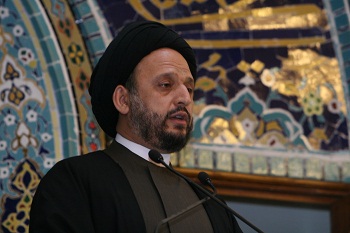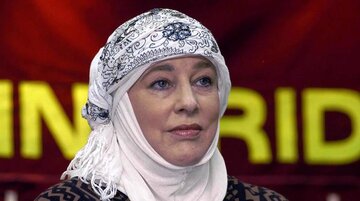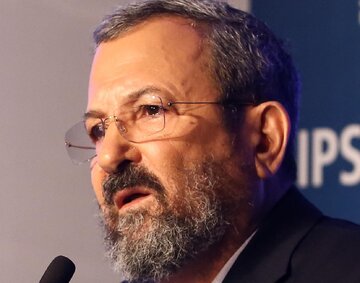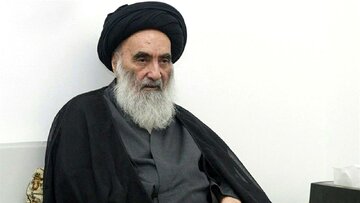His Eminence, Sayyed Ali Fadlullah, delivered the two Friday prayer sermons at the Imamain Al-Hassanain Mosque, Thul-Qi’da 24th 1435 H. – September, 19th 2014. Several prominent religious scholars, dignitaries and thousands of believers attended the Jumu’a prayer.
Following is a summary:
The First Sermon
In the first sermon, His Eminence, Sayyed Ali Fadlullah, began by talking about the will one should write before death in general. He started by defining it and listing its kinds. Then, he focused on the will of inheritance. He said that it is not merely a legal action, for even when it comes to this will, we cannot give faith a vacation. He explained that such a will is important to the life of the people and the society, especially in that it entails distributing one’s wealth, thus, spreading justice and accord among the family. It is also a test for the piety of both the one who makes the will and the ones who might benefit from it.
The Sayyed then explained that although people have associated the will with performing pilgrimage, considering pilgrimage a new stage in the Muslim’s relation with his Lord, it is not a condition or requirement to make a will, for the Messenger (p.) has said that no Muslim should sleep without putting his will under his head.
The Sayyed also observed that a Muslim should make sure that his will he writes will be executed. He should also be just between the beneficiaries, which requires a great deal of piety, lest it will create problems between the members of the same family.
The distribution should be just, and according to the Shariah, one third should be left for the religious duties and other obligations that one has missed during his life, as well as for charity.
The Sayyed ended by quoting the Messenger (p.) about the correct way to make a will. When the Muslim feels that he is about to die, he should say:
“O Lord! Originator of the heavens and the earth, the Only Source of knowledge of the unseen and the seen, the All-compassionate, the All-merciful. O Lord! I bear witness that there is no god but You, that You have no associates, and that Mohammad is your servant and messenger. That paradise, hell, resurrection, reckoning, destiny, and justice are true. That religion is as You described, Islam as You made plain, the word as You narrated, the Qur’an as You stated. That You are God - The Glaring Truth. May Allah reward Mohammad with the best recompense. May He bless Mohammad and his Progeny and grant them peace. O Lord! You are my refuge at times of fear, my ally at times of trouble, and the Giver of my boon. My God and the God of my ancestors! Do not make me rely on my soul, for if You do, it will tempt me to incline to that which is evil, and allure me to abandon that which is good. Make my loneliness in the grave friendlier. And make me a pledge that I return to You with the best outcome.” Then, one should state his will.
The second sermon
In the second sermon, His Eminence, Sayyed Ali Fadlullah, began by talking about the situation in Lebanon, where all the problems are aggravating while the officials are absorbed by their petty divisions and rows as if everything is normal.
The people must make the officials feel that their positions are endangered, if they do not shoulder their duties by adopting an emergency plan and actually start to resolve the problems instead of putting the blame on the foreign powers, for these powers support the country’s stability at the moment, since they are preoccupied with bigger crises.
In Iraq, which is still imprisoned by its internal conflicts and external interference, the government has not been fully formed, considering that the two missing portfolios are the ones the country needs the most in this stage. The Sayyed called for reconciliation and unity where all Iraqi parties would stop seeking to score points or achieve more gains, since the country is in the midst of a new storm that it should come out of safely in one way or another.
On another level, the Sayyed called for internal accord between all the components of the Syrian people to face the danger of terrorism that has become the major hazard threatening Syria and the region. In this respect, training and arming certain Syrian opposition factions will only further fuel the crisis. The Sayyed also explained that at a time we surely stand against terrorism, we do not want the international and regional interference to be a bridge that enables the big powers to reassert their dominance over the region. Thus, the Sayyed believes that the best way to confront terrorism is by a united Arab-Islamic strategy that deals with the reasons that led to its evolution and that stops its expansion.
/149





